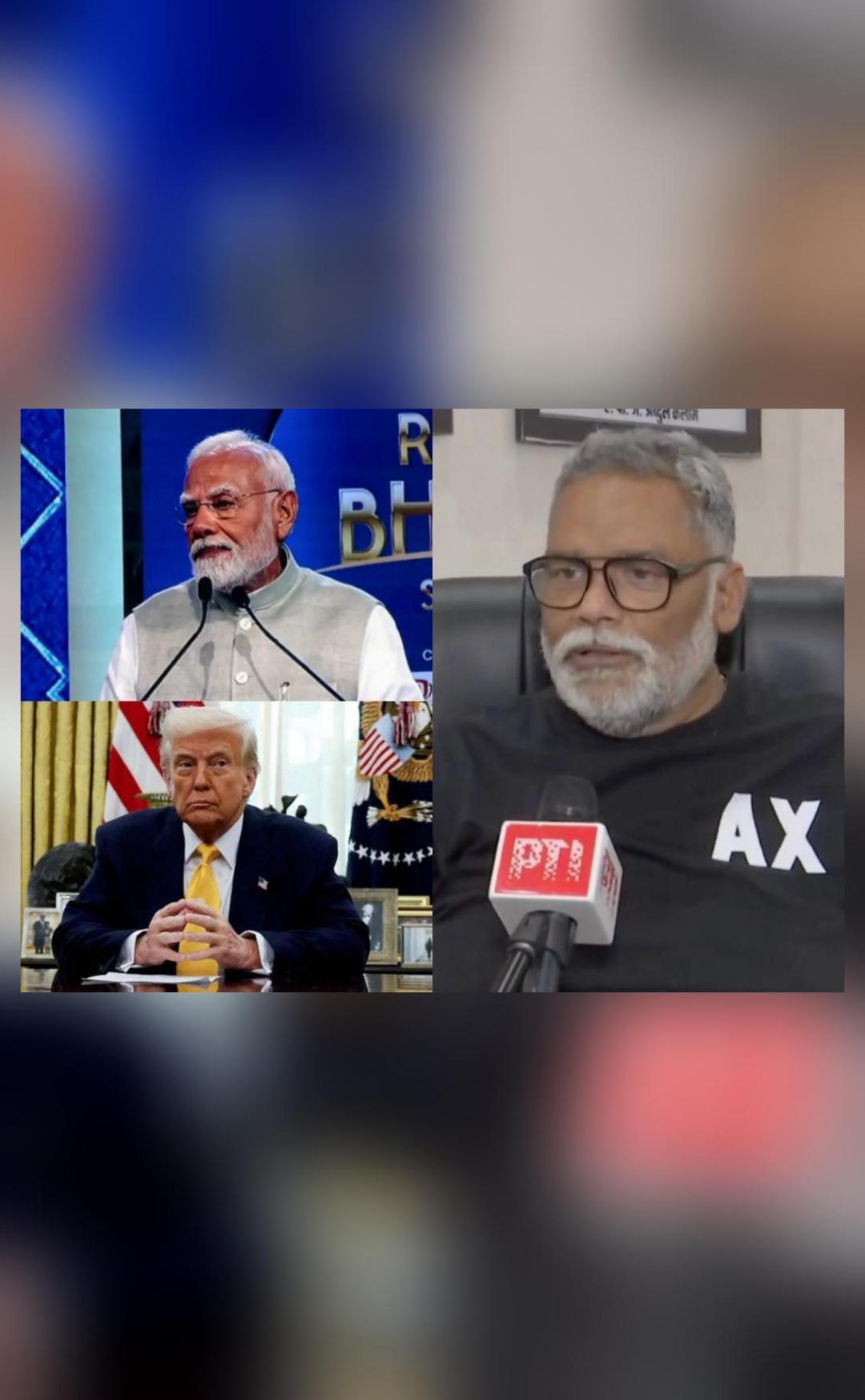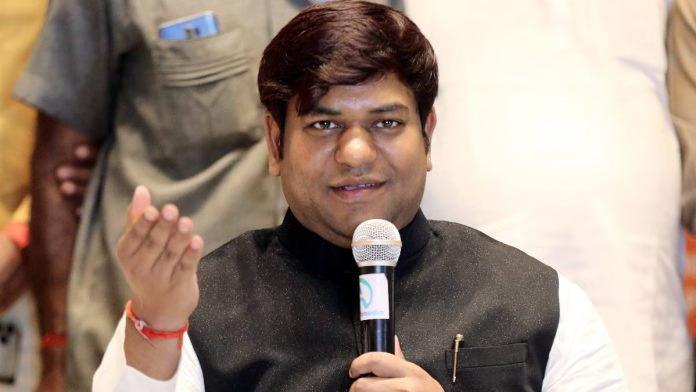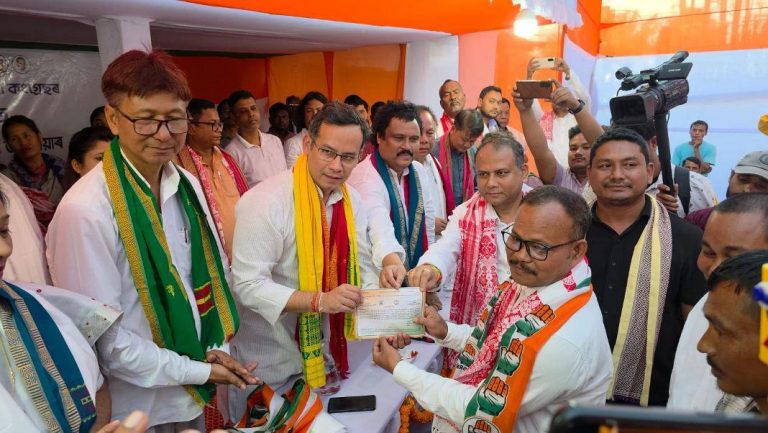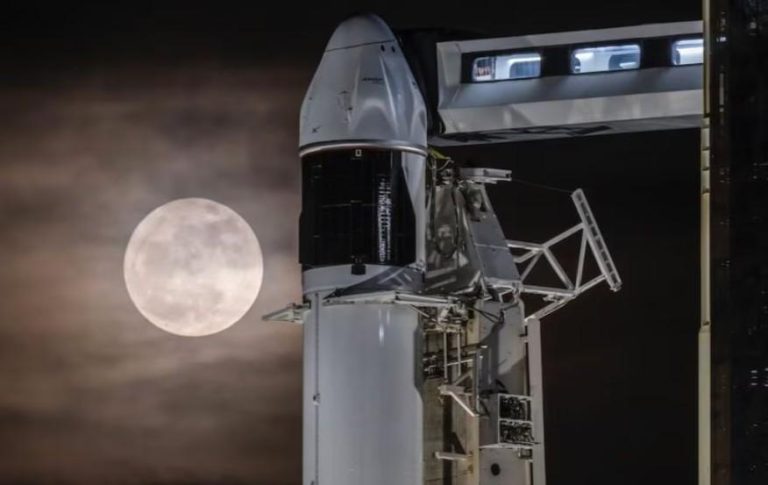
PM Modi Calls Trump His Friend & He Insults India: MP Pappu Yadav
In a recent tweet, US President Donald Trump claimed that he had brokered a ceasefire between India and Pakistan. This statement has sparked outrage and debate among Indians, with many questioning the veracity of Trump’s claim. Adding fuel to the fire is Purnia MP (Independent) Pappu Yadav, who has lashed out at Trump, saying that Prime Minister Narendra Modi himself calls Trump a friend, but he continues to insult India repeatedly.
The tweet by Trump has sparked widespread criticism in India, with many calling it an attempt to gain political mileage. Yadav’s statement is a reflection of the growing frustration and disillusionment among Indians with the Modi government’s handling of foreign policy, particularly with regards to the US.
Yadav’s statement is not without merit. Trump has a history of making controversial statements about India, and his claims of brokering a ceasefire between India and Pakistan are a case in point. In 2019, Trump had claimed that he had a “very good relationship” with Pakistani Prime Minister Imran Khan, which led to widespread outrage in India. Trump’s statement was seen as a betrayal of India’s trust, and many felt that he was undermining India’s efforts to tackle terrorism emanating from Pakistan.
The Modi government’s response to Trump’s statement has been muted, with the Ministry of External Affairs (MEA) issuing a statement saying that the ceasefire agreement was the result of talks between India and Pakistan. However, Yadav’s statement highlights the growing frustration among Indians with the government’s inability to stand up to the US and China.
Yadav’s statement also raises questions about the nature of India’s relationship with the US. Despite Trump’s controversial statements, the Modi government has continued to court the US, with PM Modi himself calling Trump a friend. However, Yadav’s statement suggests that this friendship may be one-sided, with the US showing little regard for India’s interests and dignity.
The Modi government’s overtures towards the US have been marked by controversy, with many critics accusing the government of being overly dependent on the US for military and economic support. The government’s decision to purchase 24 MH-60 Romeo helicopters from the US, despite the objections of the Indian military, is a case in point. The decision was seen as a betrayal of India’s self-reliance in defense production, and many felt that it was a result of the government’s desire to please the US.
Yadav’s statement also highlights the growing unease among Indians about the government’s handling of foreign policy. The government’s decision to sign the US-India Civil Nuclear Agreement in 2008, despite widespread opposition, is a case in point. The agreement was seen as a betrayal of India’s sovereignty, and many felt that it was a result of the government’s desire to please the US.
In conclusion, Yadav’s statement is a reflection of the growing frustration and disillusionment among Indians with the Modi government’s handling of foreign policy, particularly with regards to the US. The government’s overtures towards the US have been marked by controversy, and many critics feel that the government is being overly dependent on the US for military and economic support. As tensions between India and Pakistan continue to simmer, it is essential that the government takes a more balanced approach to foreign policy, one that takes into account India’s interests and dignity.






